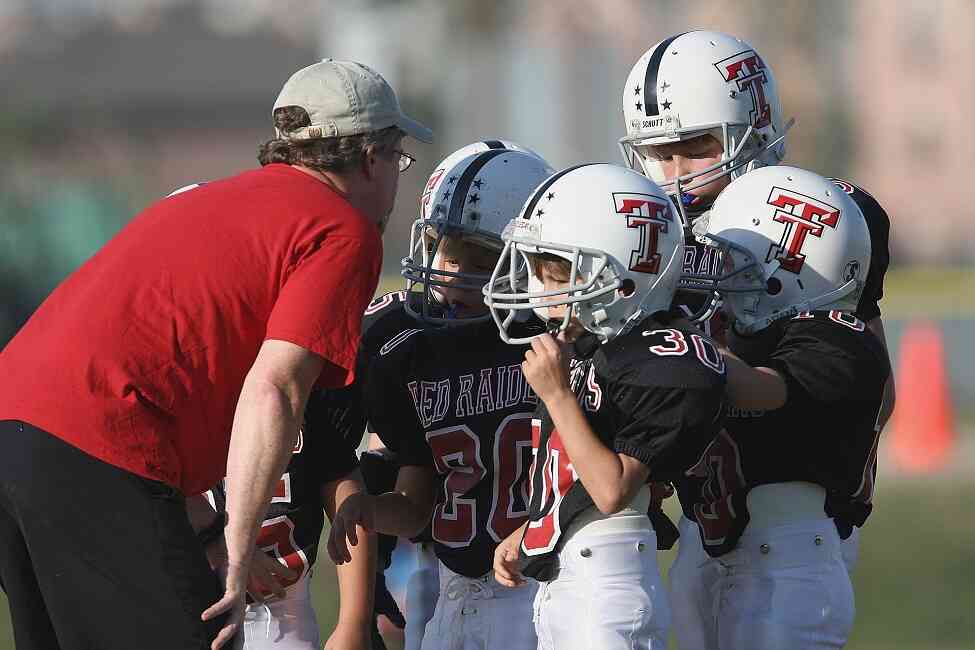When kids show potential and an interest in playing sports at a highly competitive level, parents should understand both the opportunities as well as the sacrifices involved with participating in youth travel teams.
Youth Sports Travel Teams Explained
A travel team is comprised of young athletes who show significant potential and dedication to a sport. As the name implies, they regularly compete at out-of-town locations. But, there is more to it than simply the distance traveled. These young athletes are considered to be on an elite level for their age group and acceptance on a team is by invitation only after try outs. Teams are run by private, for-profit organizations. Professional coaches determine player acceptance, placement and play time. Everyone on the team is expected to have a high level of commitment for improving their technical skills, game knowledge, and sportsmanship. And when it’s time to compete, players often travel long distances to participate in games, tournaments and showcase events. Accordingly, parents must be prepared for the considerable time and financial commitment required to support their child.
To help further clarify youth travel teams, consider the contrast to local recreational sports. Rec leagues are open to all kids in an age group regardless of experience or skill level and players join a team upon registration without try outs. Typically, everyone on the team will be given an opportunity to participate in all practices and all games, which are held at local courts or fields.
Youth travel teams operate at a higher level. With professional coaching, demanding practices, and frequent opportunities for competitive games, participation on a travel team can help kids earn a leadership role on their high school team and get recruited for college.
November 12, 2022
Updated by Motherly Life
This post may contain affiliate links. Please read our Disclosure for more information.
ADVANTAGES and DISADVANTAGES of YOUTH TRAVEL TEAMS
Advantages
Disadvantages
RECOMMENDED READING
ADDITIONAL INFORMATION
Quick summaries of hand picked articles to help parents stay informed and find the right information to raise happy, successful kids.
National Youth Hockey Team Rankings
Does a Focus on Team Rankings Diminish Player Development
This article showcases MYHockey Rankings, which tracks and publishes youth hockey statistics. The site contains information on 24,000 teams and ranks approximately 18,000 teams. Data is received from coaches and parents and the rankings are based on an algorithm developed by the site’s founder.
MYHockey Rankings publishes weekly win-loss records, schedules, and other stats viewed primarily by coaches, players and parents. Coaches use the rankings as a way to identify other peer level teams for competition.
Contrarians of the rankings hold an opinion that youth rankings shift the goal to improving stats rather than focus on player development. One example highlights organizations that recruit elite players who live a great distance away. With a roster full of advanced players the team must travel countless miles to find other teams at the same competitive level.
The New York Times
RESOURCES
Selected Sites for Team Rankings by Sport
BASEBALL
BASKETBALL
HOCKEY
Project Play
Building Healthy Communities Through Sport
Project Play is the signature initiative of the Aspen Institute’s Sports & Society Program. The primary focus is to develop, apply and share knowledge that builds healthy communities through sports. The organization has one clear goal: sport for all, play for life.
The program inspires governments and organizations to take action to get kids into games and sports. Project Play offers resources for schools to improve the health and education of students.
Aspen Institute


Leave A Comment